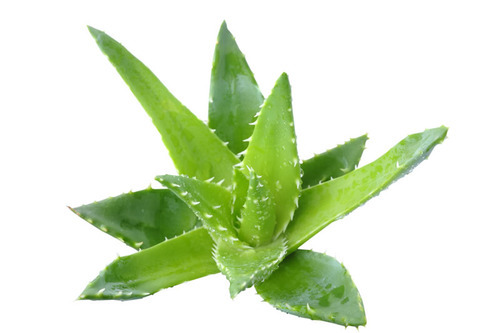
Aloe Vera juice is growing in popularity. You can find it popping up in most supermarkets and pharmacies sold as a drink or also as laxative. We generally think of Aloe Vera being a safe way to provide some relief from sunburn, which it is, when used topically on your skin. As a nutritional drink, the science isn’t as clear. Aloe Vera s approved by the FDA as a food additive for flavor and considered a dietary supplement. Therefore, it is not a regulated drug.
According to National Toxicology Program research, a 2 year study showed that consumption on non-decolorized whole leaf extract of Aloe vera found clear evidence of carcinogenic activity in rats, based on tumors in the large intestine. The ingredient of concern is aloin, an anthraquinone that may give Aloe it’s laxative property. For the most part, the Aloe juice industry self-regulates aloin to 10ppm, but labeling is not required to show exact amounts and solid and semi-solid Aloe products can contain anywhere from 10-100ppm. Most manufacturers do use charcoal filtration in order to remove most of the aloin, but again, this can be tricky because no labeling is currently required. Keep in mind that we can’t exactly apply these results to humans, but it may be worthwhile to err on the side of caution and to avoid ingesting Aloe drinks until more research is done.

